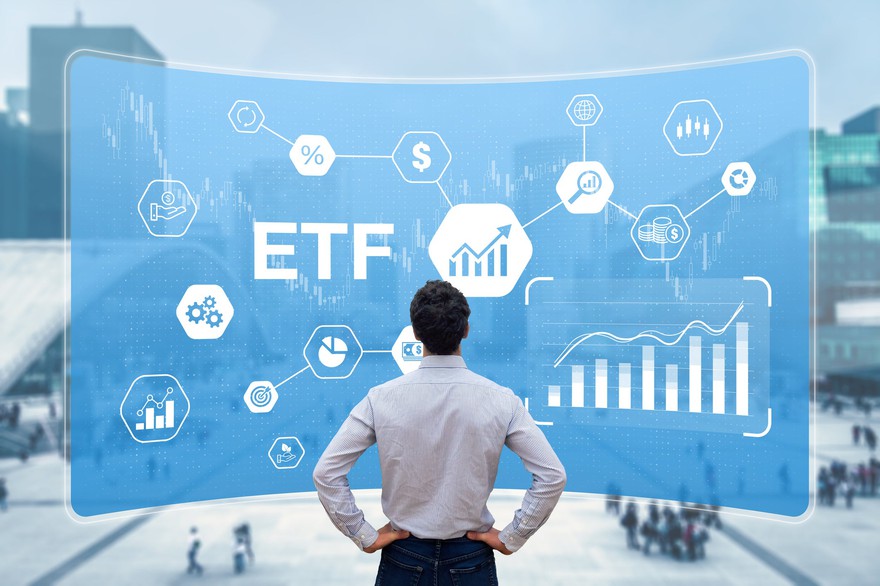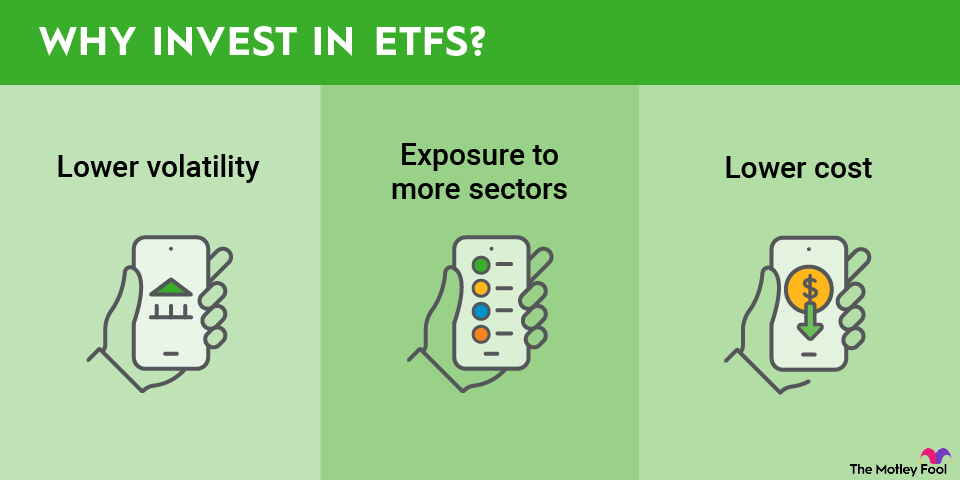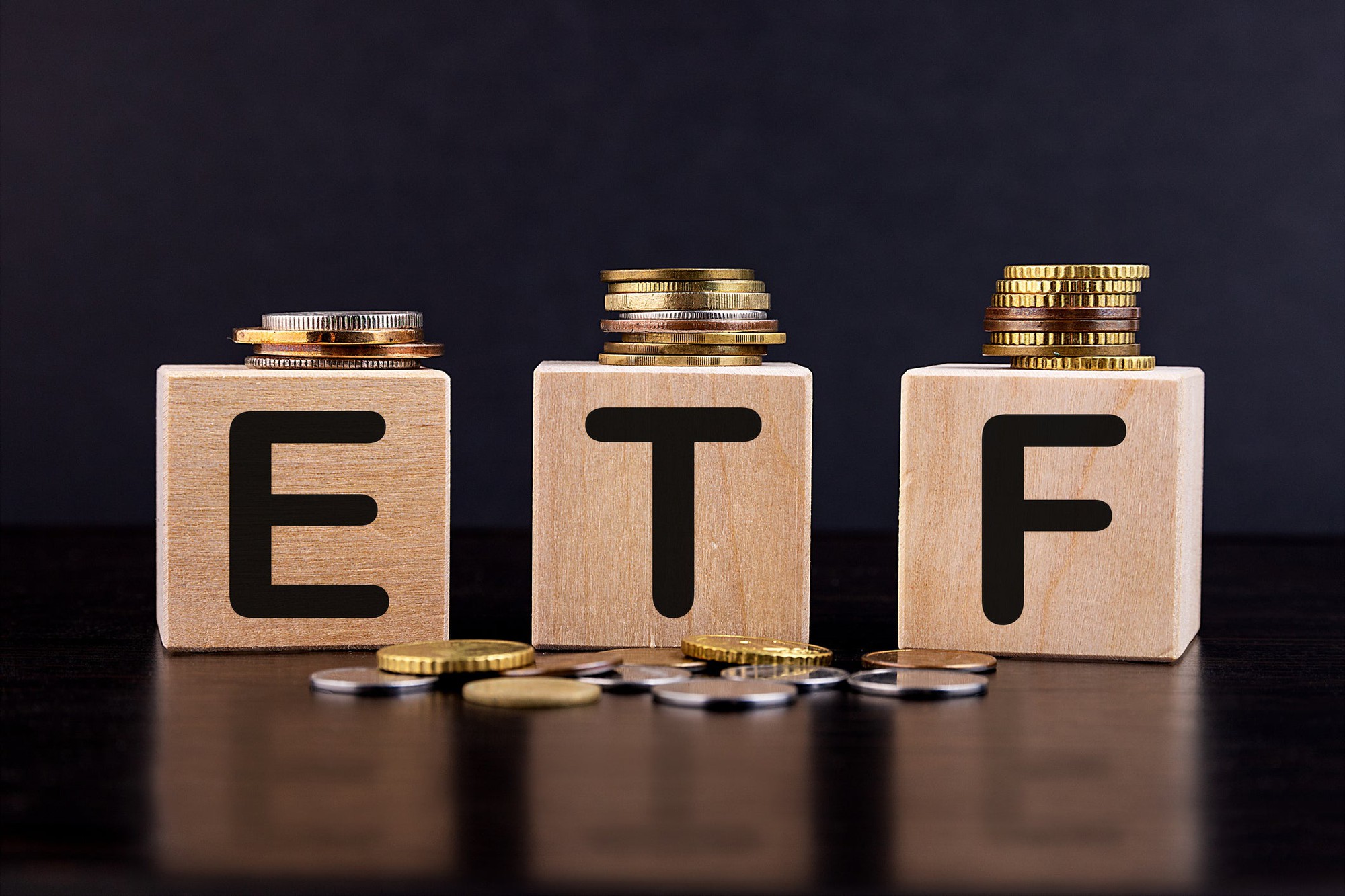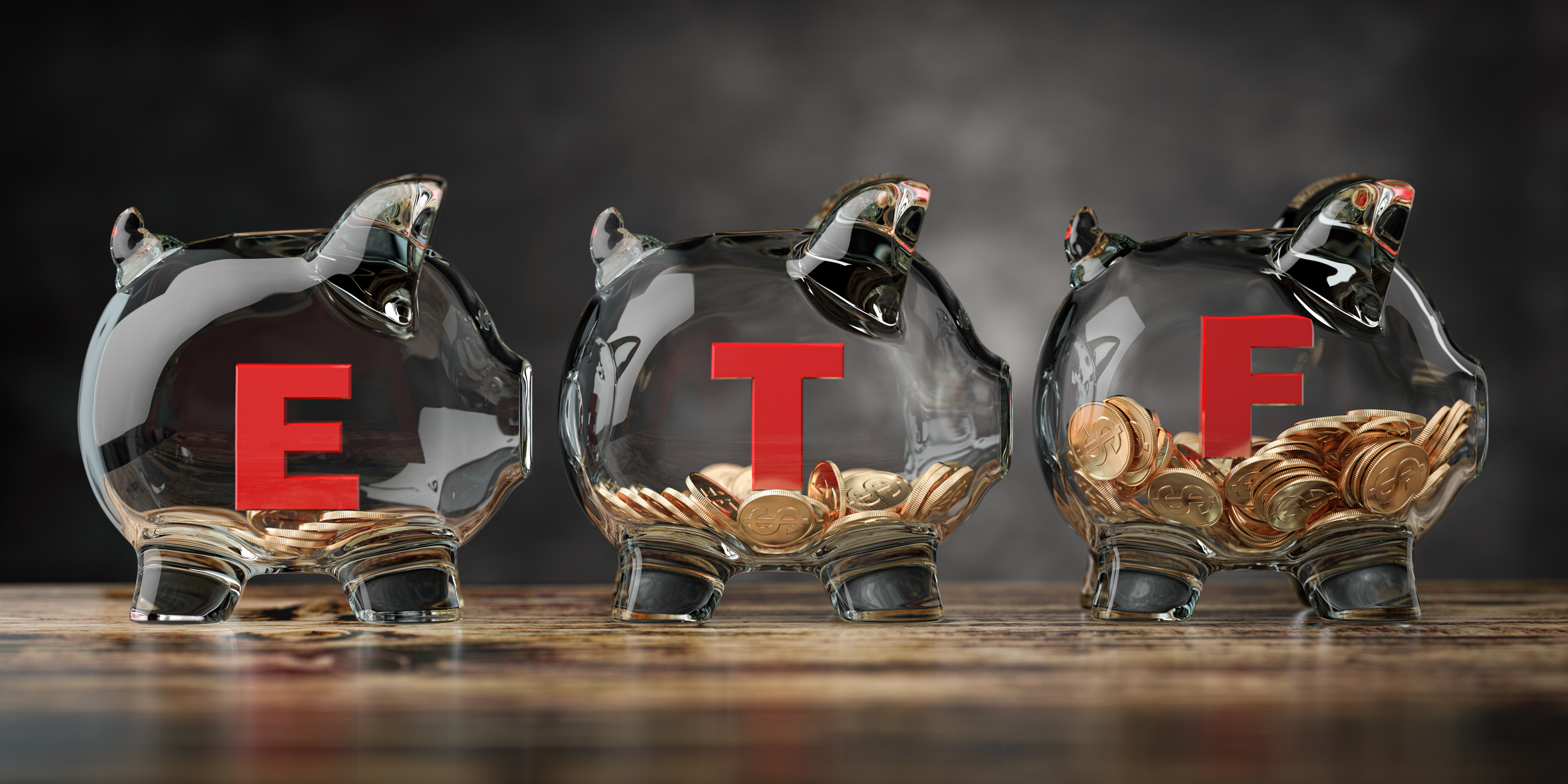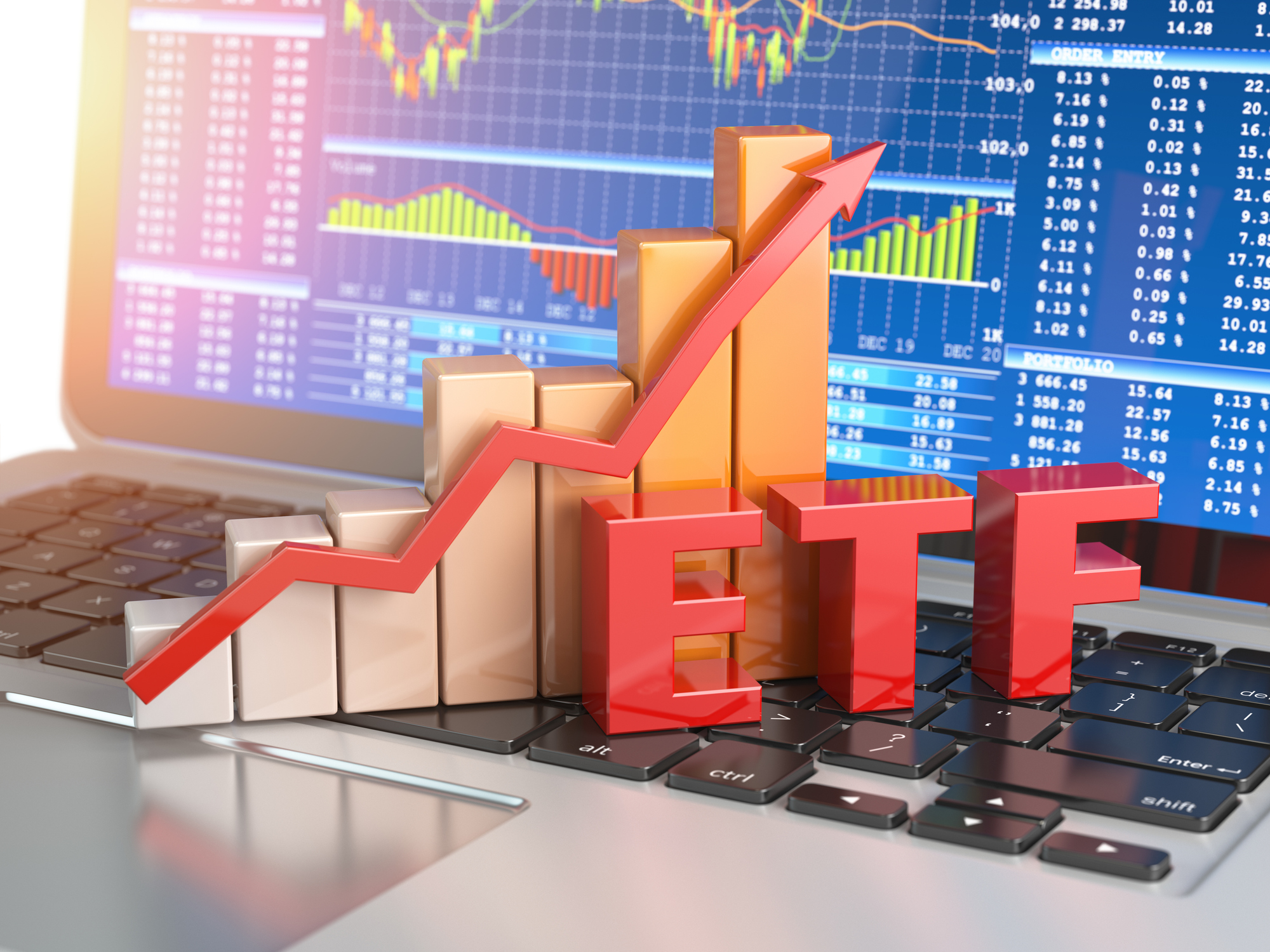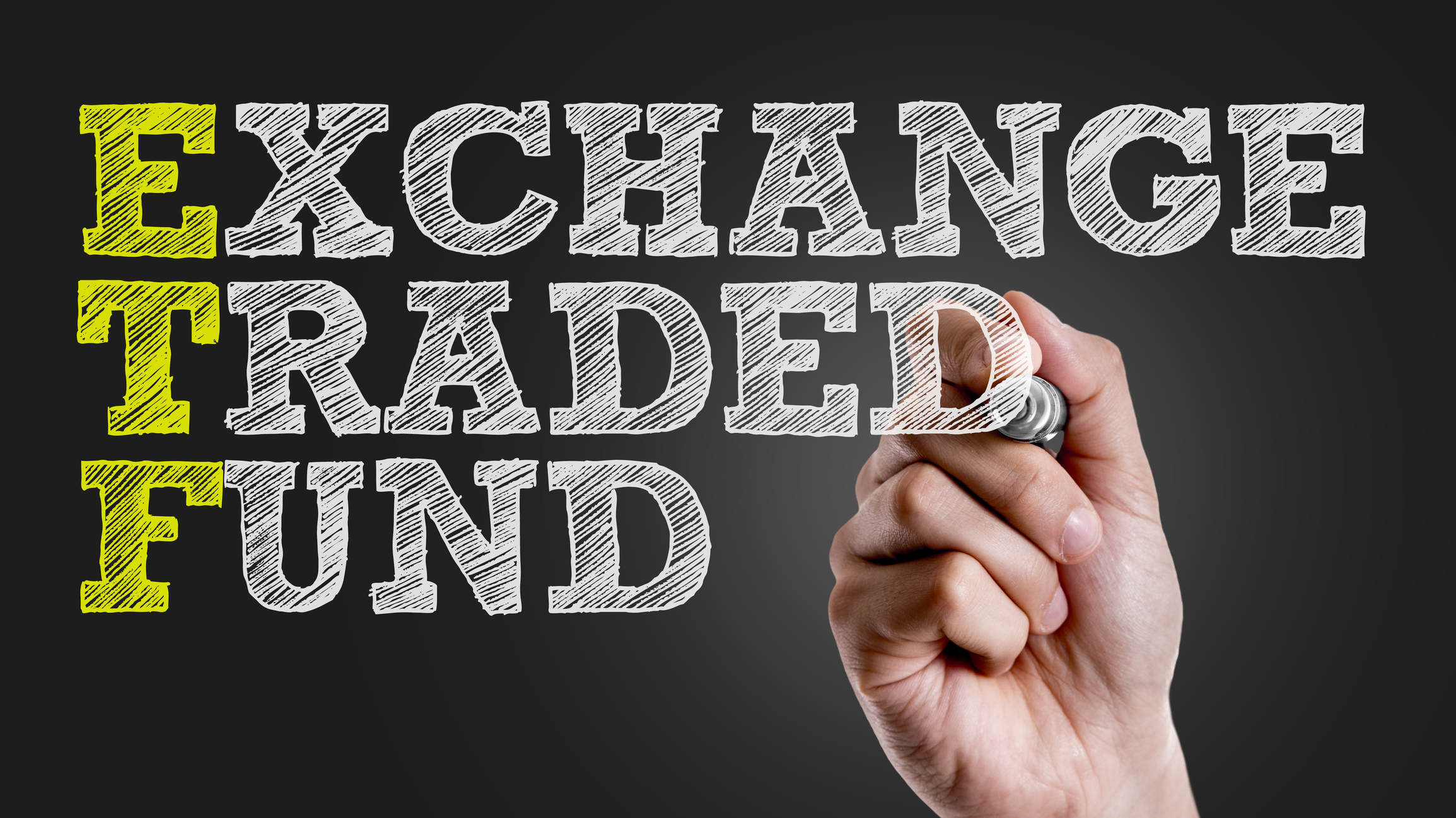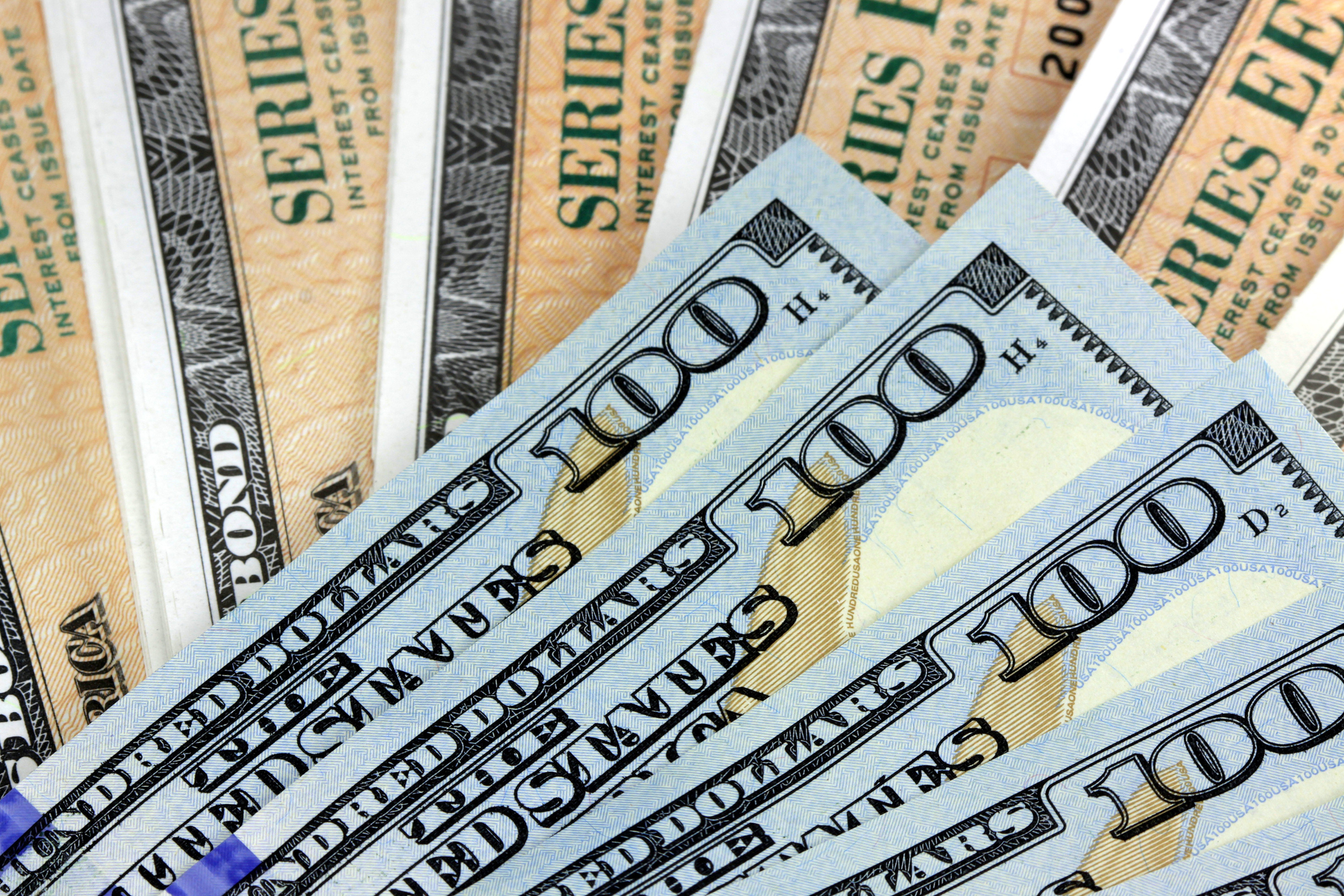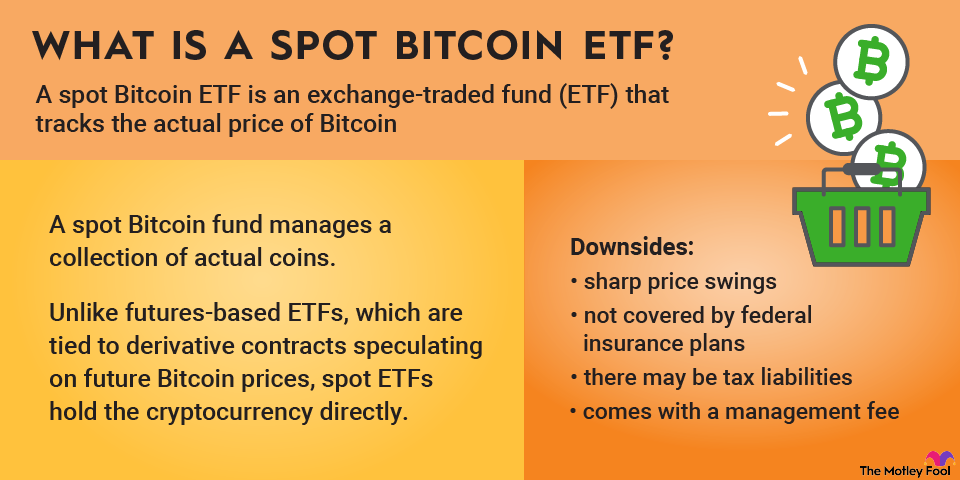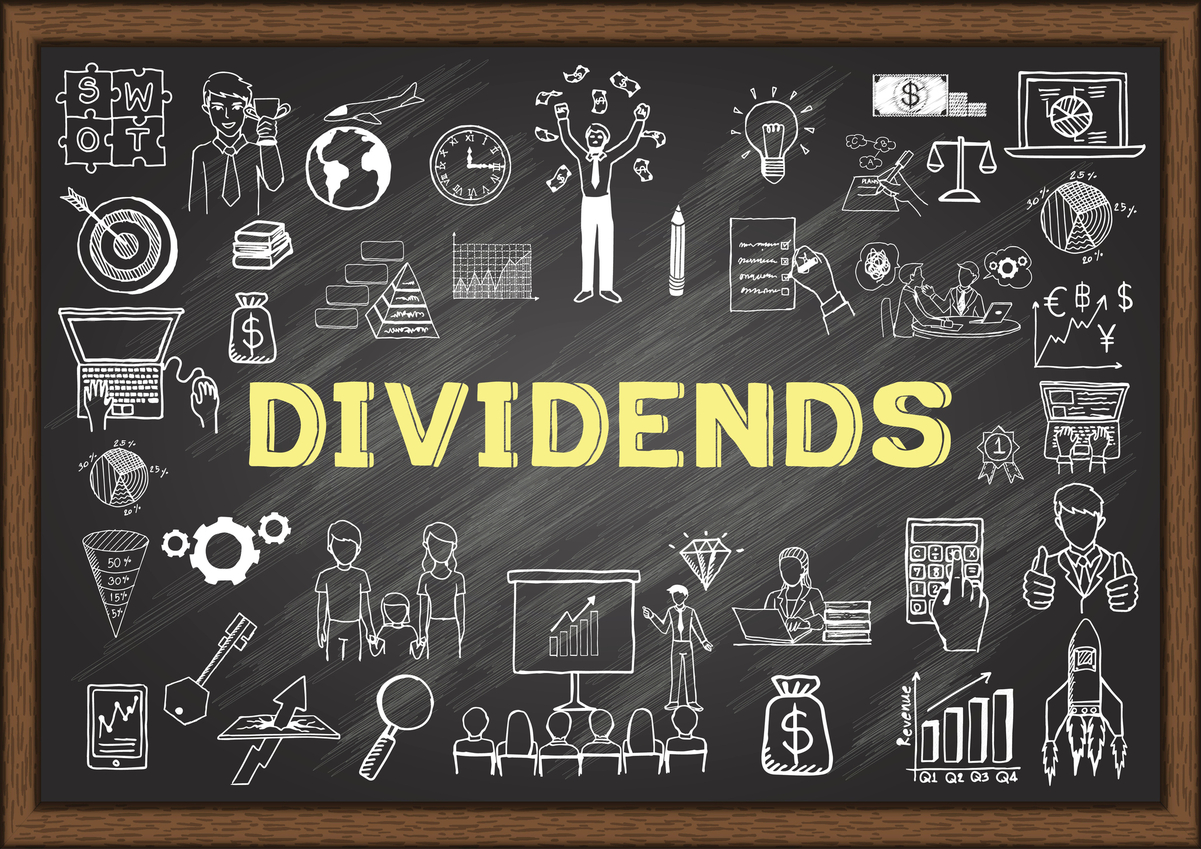
NYSEMKT: IWM
Key Data Points
In this article, we'll cover how to invest in the iShares Russell 2000 ETF. You'll learn about the fund's holdings, expense ratio, and dividend history, as well as the pros and cons of adding the iShares Russell 2000 ETF to your investment portfolio.
Exchange-Traded Fund (ETF)
Opportunity Cost
Expense Ratio
The iShares Russell 2000 ETF has a 0.19% expense ratio. In other words, if you invested $10,000 in the fund, $19 would go toward fees, while the remaining $9,981 would be invested. That's slightly higher than the 0.16% average expense ratio for equity ETFs.
Period | Total Return |
|---|---|
1-year | 0.76% |
3-year | 3.17% |
5-year | 9.75% |
10-year | 6.27% |
Related investing topics
The bottom line on investing in the iShares Russell 2000 ETF
The small-cap stocks in the iShares Russell ETF have higher growth potential than the large caps represented in the S&P 500, but their performance has been disappointing in recent years. If you're considering buying shares, be sure you plan to hold the ETF for the long term to give your money time to recover from the potential short-term volatility.











